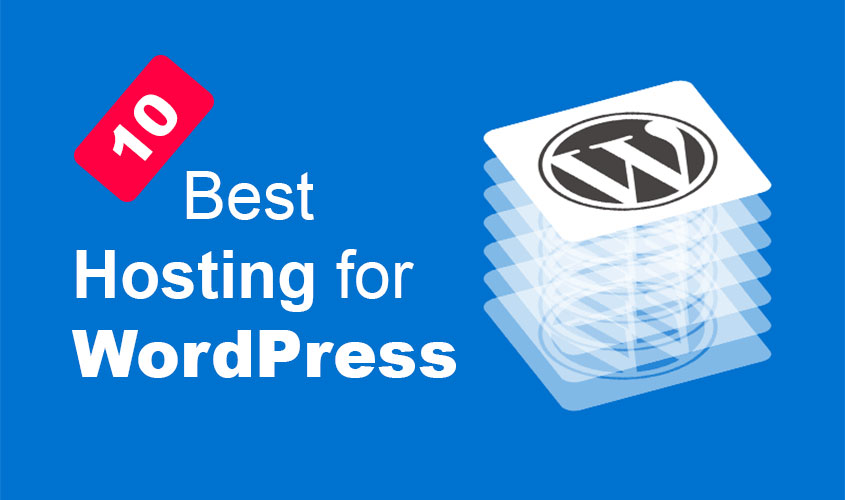While WordPress has many advantages, there are also some potential disadvantages to using the platform:
- Security risks: Because WordPress is such a widely used platform, it can be a target for hackers and cyberattacks. This means that website owners need to take steps to secure their website, such as using strong passwords, keeping plugins and themes up-to-date, and implementing security measures like firewalls.
- Complexity: While WordPress is designed to be user-friendly, there can still be a learning curve for beginners who are new to the platform. Depending on the level of customization and functionality that a website owner wants to achieve, it may be necessary to have some technical knowledge or hire a developer to assist with certain aspects of the website.
- Plugin and theme compatibility issues: Because WordPress is an open-source platform, plugins and themes are developed by a wide range of developers with varying levels of expertise. This means that compatibility issues can arise between different plugins and themes, which can lead to conflicts and technical problems.
- Maintenance and updates: WordPress requires regular maintenance and updates to ensure that the website remains secure and functioning properly. This can require time and effort from website owners, particularly if they are not technically savvy.
- Performance issues: Depending on the plugins and themes used, WordPress websites can sometimes experience performance issues, such as slow load times or server crashes. This can impact user experience and website traffic.
- SEO limitations: While WordPress is optimized for search engine optimization (SEO), there are limitations to what can be achieved without additional tools or plugins. For example, some website owners may find that they need to use additional tools or plugins to achieve their SEO goals.
- Customization limitations: While WordPress offers a wide range of customization options through themes and plugins, there may be some limitations to what can be achieved without advanced technical knowledge or custom development.
- Website speed: Depending on the size and complexity of a website, WordPress sites can sometimes experience slow load times or performance issues. This can be caused by factors such as too many plugins or poorly optimized images.
- Content management limitations: While WordPress is a popular platform for managing blog content, it may not be the best choice for managing other types of content, such as complex databases or e-commerce sites. In these cases, a more specialized platform may be a better option.
- Lack of ownership: Because WordPress is an open-source platform, website owners do not have complete ownership or control over the code and infrastructure of their website. This can lead to limitations or restrictions on customization and functionality.
- Plugin and theme support: While WordPress offers a wide range of plugins and themes, not all of them are supported by their developers or kept up-to-date. This can create potential security risks or compatibility issues for website owners.
- Integration challenges: While WordPress integrates with many third-party tools and services, there may be challenges with integrating with certain platforms or services. This can require additional technical knowledge or development resources.
- Accessibility issues: While WordPress has many built-in accessibility features, website owners need to take additional steps to ensure that their website is accessible to all users, including those with disabilities. This can require technical knowledge or specialized development resources.
- Dependency on plugins: While plugins can be a powerful tool for adding functionality to a WordPress website, website owners can become overly reliant on plugins to achieve certain features or functionality. This can create potential compatibility issues or security risks.
- Server resources: Depending on the size and complexity of a website, WordPress sites can sometimes require significant server resources to run effectively. This can lead to additional costs or technical challenges for website owners.
- Lack of official support: While WordPress has a large and active community of users and developers who can provide support and advice, there is no official support team for the platform. This can create challenges for website owners who require specialized support or assistance.
- Potential legal issues: Depending on the content or functionality of a website, website owners may need to comply with certain legal requirements, such as data privacy regulations or copyright laws. Failure to comply with these requirements can create potential legal issues for website owners.
Overall, while WordPress is a popular and widely used platform, website owners should carefully consider the potential disadvantages and take steps to mitigate these risks. By carefully evaluating their needs and resources, website owners can make an informed decision about whether WordPress is the right choice for their website.
